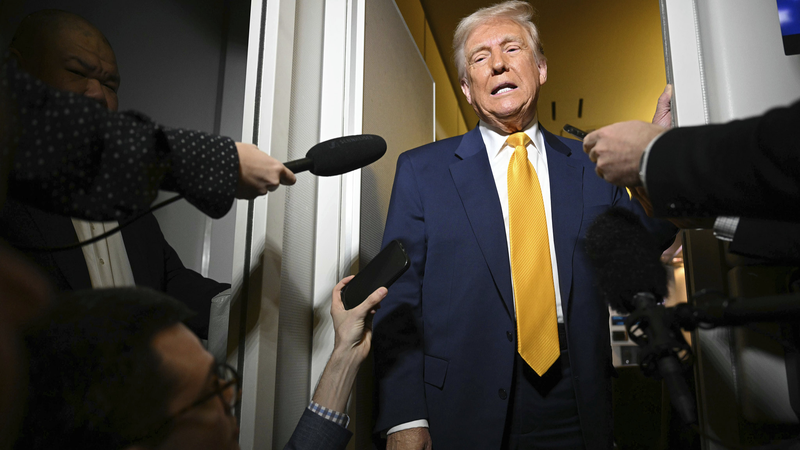In a surprising policy shift on April 9, U.S. President Donald Trump announced a 90-day pause on tariffs affecting roughly 60 U.S. trading partners. This change came just hours after new levies were imposed, marking a dramatic reversal amid growing market concerns.
During the announcement, Trump attributed the decision to nervous market conditions, noting that people were "yippy and afraid" due to recent stock market declines. The move sets the stage for lowering the reciprocal tariff to 10 percent as broader trade negotiations continue.
The tariff pause has stirred debate on multiple fronts. Texas Senator Ted Cruz described tariffs as an indirect tax on consumers, warning of potential inflation and slowed job growth if such policies were to persist long term. Likewise, Kentucky Senator Rand Paul questioned the justification of invoking a national emergency based on trade deficits.
In a notable bipartisan effort, four Republican senators joined Democrats in opposing tariffs on Canadian imports, leading to a narrow vote that halted the measure. Additionally, Senators Chuck Grassley and Maria Cantwell introduced a bill requiring Congress to approve any new tariffs within 60 days, a proposal that has already garnered support from several Republican colleagues despite strong White House opposition.
This bold pivot in trade policy highlights the delicate balance between economic strategy and political pressures. As Wall Street leaders, Silicon Valley innovators, and dedicated supporters reassess the implications of these changes, the coming weeks promise to be critical in shaping the future of U.S. trade policy and its global impact.
Reference(s):
Trump's abuse of tariffs unsettles 'staunch allies, die-hard fans'
cgtn.com




